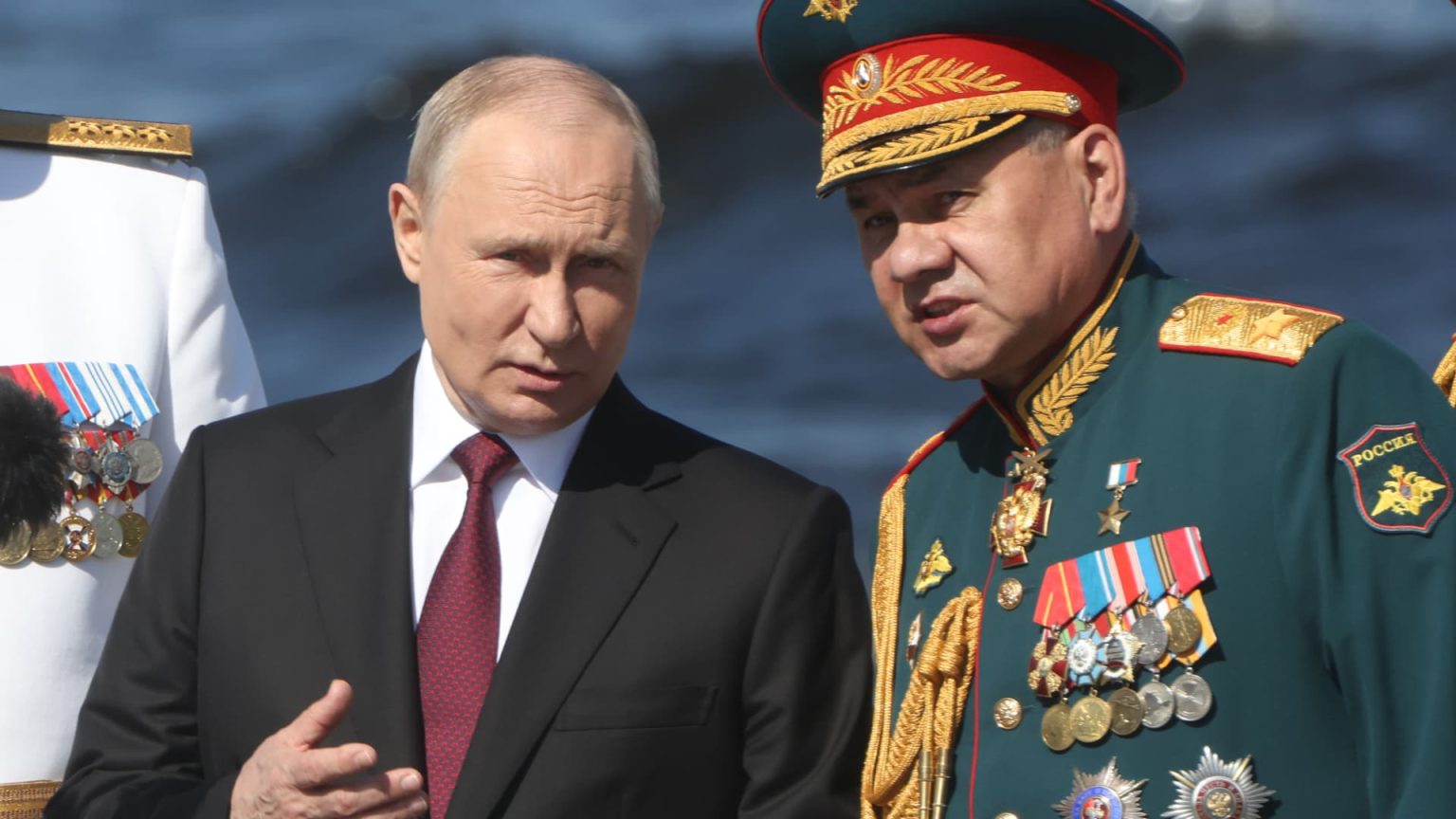Two Americans and one Russian citizen were among 20 individuals detained during protests in Tbilisi, Georgia. The protests were in response to a bill requiring organizations receiving more than 20% of their funding from abroad to register as foreign agents. While the ruling party claims the law is necessary for transparency, critics view it as authoritarian and Russian-inspired. The bill has led to a political crisis and is seen as pivotal to Georgia’s relationship with Western countries and its aspirations for EU and NATO membership.
Reports from Russian officials stated that 19 people were killed and 27 injured during Ukrainian missile attacks on the Belgorod region. Russian air defense systems allegedly repelled the attack, destroying multiple missiles. Russian forces have also claimed advances in northeast Ukraine, capturing several villages and evacuating civilians from the Kharkiv region. Ukraine has asked for Western military aid deliveries to counter the Russian offensive. Russia’s goal appears to be to create a buffer zone around Kharkiv to protect its border regions from Ukrainian attacks.
In a move seen as a government reshuffle, Russian President Vladimir Putin replaced longtime Defense Minister Sergei Shoigu with economist Andrei Belousov. Shoigu, who had no military experience, has been moved to the Security Council. Belousov’s appointment as defense minister is expected to raise eyebrows in military circles but is part of Putin’s strategy to cement Russia’s economy on a war footing. The decision is based on the need for innovation in the defense sector. Russia’s top general, Valery Gerasimov, will remain in his position.
The fighting in Ukraine has intensified as Russian forces launched a new offensive, making gains in the Kharkiv region. Both sides have suffered casualties, and there have been reports of civilian deaths due to missile attacks. The situation remains tense as Ukraine calls for international support to counter Russian aggression. As the conflict escalates, the implications for regional stability and global security are significant. The involvement of Western countries, including the potential for military aid delivery, adds complexity to the situation.
The protests in Tbilisi and the clashes between protesters and police reflect the growing tensions over the “foreign agents” bill. Georgia’s aspirations for EU and NATO membership are at stake as the bill is seen as a litmus test for the country’s commitment to democratic values and Western integration. The influence of Russia in the region and its support for the bill have raised concerns among Western countries and Georgia’s opposition. The situation highlights the broader geopolitical implications of the crisis and the delicate balance of power in the region.
The conflict in Ukraine and Russia’s military actions have far-reaching consequences for regional stability and global security. The involvement of Western countries, the escalation of violence, and the humanitarian impact of the crisis underscore the urgency of finding a peaceful resolution. The displacement of civilians, the destruction of infrastructure, and the loss of life are tragic outcomes of the conflict. The international community must work together to address the root causes of the crisis and prevent further escalation of hostilities.


